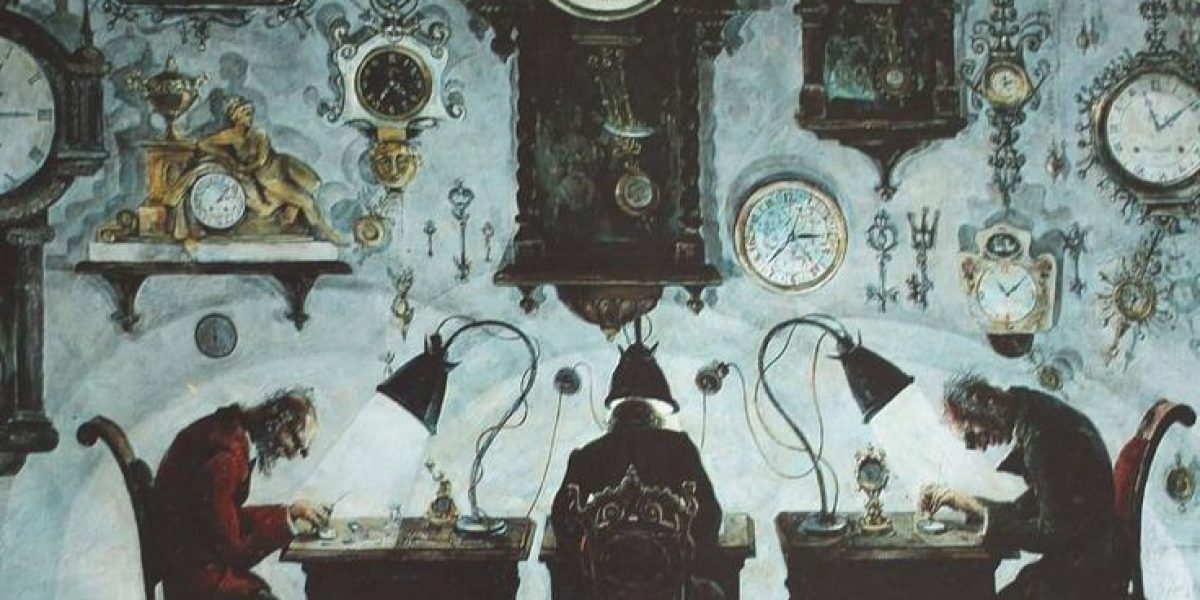Literature after The War: Genres, Themes, Challenges

Faculty:
The question of the future of the post-war world is closely connected with the causes of the great European (and potentially, perhaps, global) war of the twenties. The most in-demand genres will be precisely those that were most lacking; the most tormenting and discussed will be precisely those questions that were ignored. For half a century, since the late sixties, we lived in a society of spectacle, according to Guy Debord, and showmen were appointed as kings. This space of total imitation was preferred to be called postmodernism, although it was merely the triumph of mass culture and a timid rejection of seriousness. As a result, in almost all countries a filter emerged that prohibited intellectuals from coming to power, while political correctness forced serious discussion only of permitted and, consequently, secondary problems.
Post-war literature, in which prohibitions will be overturned and censorship universally abolished, will first of all address the problem of nationalism, which will be finally discredited and equated with Nazism. The concept of patriotism—an eternal object of speculation—will also undergo final debunking. Detailed discussion of the penitentiary system and the worldwide rejection of prisons, which fail to fulfill any of their functions (isolation, re-education, production), will concern not only Russia but the entire world. The main theme for a long time will be the diversification of humanity and, possibly, a new conception of personality—for if humanity cannot be called unified and whole, the split will inevitably go deep into the individual person.
The main genres that are almost completely absent in today’s literature are the religious novel, the bildungsroman devoted to the formation of worldview, the novel of religious and moral crisis, the family saga replacing the novel of family decline. Recently, the world has discussed any problems except love, although gender and erotic issues, as well as moral censorship, have a rather indirect relation to love. The principles of forming countries and nations, hitherto ethnic or geopolitical, must become moral, and citizenship must become an object of voluntary choice. Here a special role will belong to the travelogue and novels of cultural adaptation. Finally, young adult and kidult literature is in complete decline, since the skill of serious conversation with children about what matters most has been practically lost.
Discussing the literature of the future is far more fascinating than criticizing the literature of the past. Our course is devoted to designing post-war culture, whose main task is to make this war the last, if not forever, then at least for a long time.
Guidelines for the Statement of Purpose:
Craft a reflective statement of purpose explaining your interest in the Smolny Beyond Borders online course. The file should be saved with your name and course title as the filename and uploaded accordingly. Your statement’s clarity and substance will significantly influence our selection. Convey your motivations and aspirations for this course succinctly but thoroughly. Kindly write your statement in the course’s Language of Instruction.